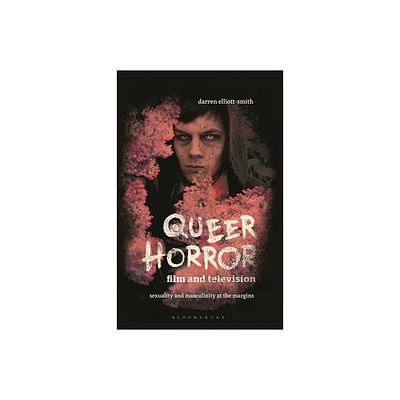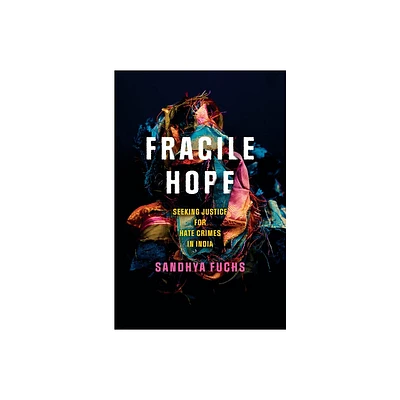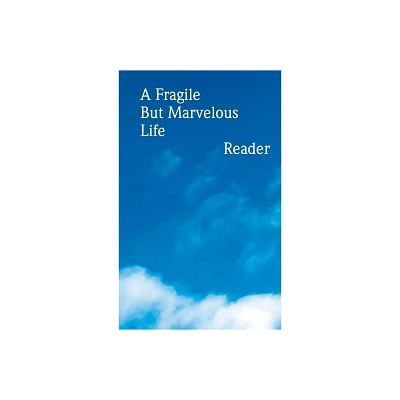Home
Darren Aronofsky's Films and the Fragility of Hope
Loading Inventory...
Barnes and Noble
Darren Aronofsky's Films and the Fragility of Hope
Current price: $160.00


Barnes and Noble
Darren Aronofsky's Films and the Fragility of Hope
Current price: $160.00
Loading Inventory...
Size: Hardcover
*Product Information may vary - to confirm product availability, pricing, and additional information please contact Barnes and Noble
Darren Aronofsky's Films and the Fragility of Hope
offers the first sustained analysis of the current oeuvre of the film director, screenwriter, and producer Darren Aronofsky. Including
Pi
(1998),
Requiem for a Dream
(2000),
The Fountain
(2006),
The Wrestler
(2008),
Black Swan
(2010), and
Noah
(2014), Aronofsky's filmography is discussed with respect to his style and the themes of his films, making astute connections with the work of other directors, other movies and works of art, and connecting his films with other disciplines such as math, philosophy, psychology, and art history.Jadranka Skorin-Kapov deploys her background in philosophy and math to analyze an American filmmaker with an individual voice, working on both independent productions and big-budget Hollywood films. Aronofsky is revealed to be a philosopher's director, considering the themes of life and death, addiction and obsession, sacrifice, and the fragility of hope. Skorin-Kapov discusses his ability to visually present challenging intersections between art and philosophy. Concluding with a transcript of a conversation between the author and Aronofsky himself,
is a much-needed study on this American auteur
offers the first sustained analysis of the current oeuvre of the film director, screenwriter, and producer Darren Aronofsky. Including
Pi
(1998),
Requiem for a Dream
(2000),
The Fountain
(2006),
The Wrestler
(2008),
Black Swan
(2010), and
Noah
(2014), Aronofsky's filmography is discussed with respect to his style and the themes of his films, making astute connections with the work of other directors, other movies and works of art, and connecting his films with other disciplines such as math, philosophy, psychology, and art history.Jadranka Skorin-Kapov deploys her background in philosophy and math to analyze an American filmmaker with an individual voice, working on both independent productions and big-budget Hollywood films. Aronofsky is revealed to be a philosopher's director, considering the themes of life and death, addiction and obsession, sacrifice, and the fragility of hope. Skorin-Kapov discusses his ability to visually present challenging intersections between art and philosophy. Concluding with a transcript of a conversation between the author and Aronofsky himself,
is a much-needed study on this American auteur


















